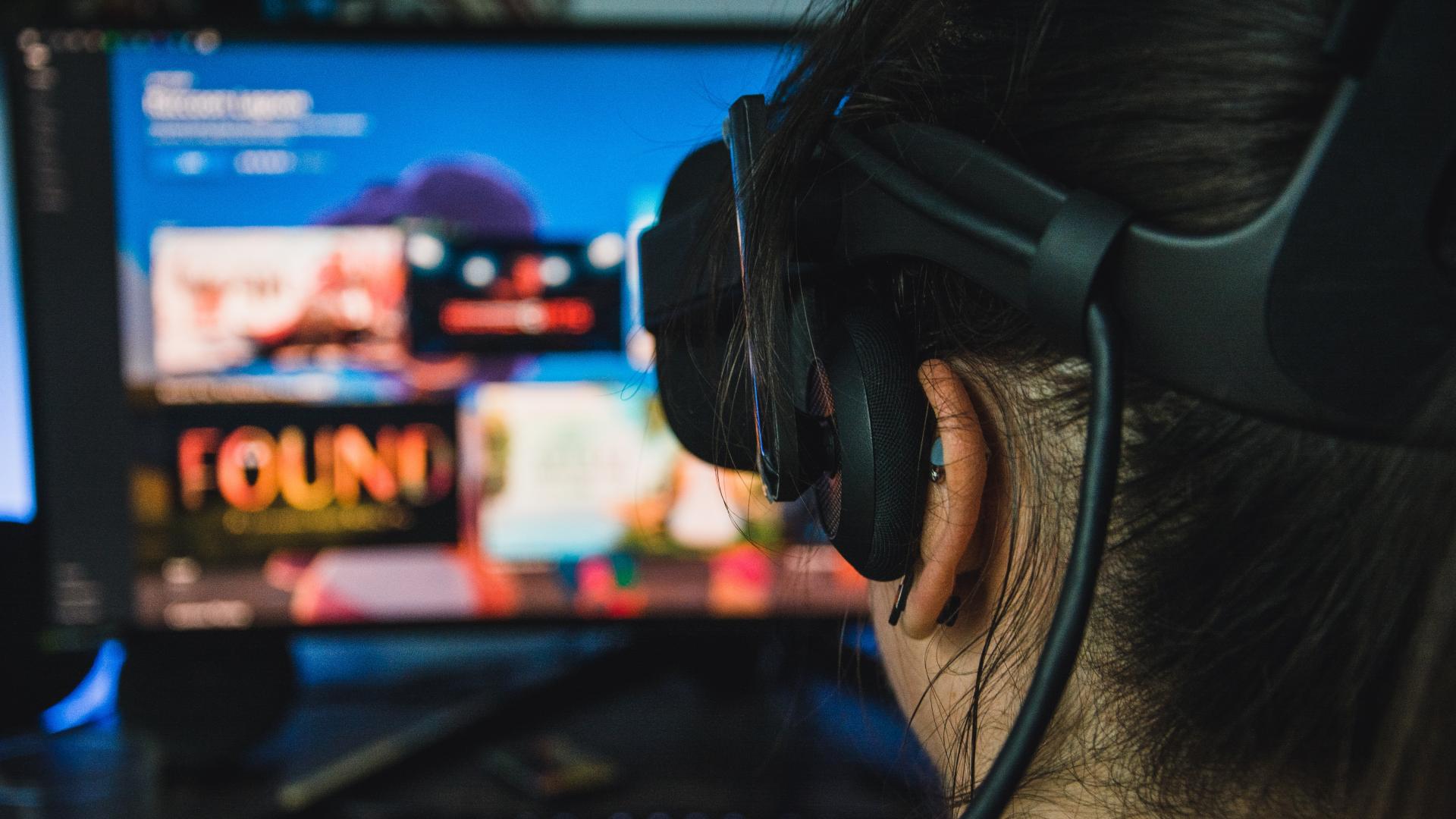The metaverse opens up many possibilities for lawyers and their clients.
While there is no universally accepted definition of the metaverse, it is generally understood to encompass the use of virtual reality (VR) and augmented reality (AR).
To date, the potential of the metaverse has mostly been on gaming platforms, such as Pokémon Go, Fortnite and the transition from TV video consoles to VR headsets.
But the metaverse does not stop there. The livestreamed events, webchats and videoconferencing we have become accustomed to - especially since the Coronavirus pandemic - may soon be supplanted by virtual reality simulated experiences indistinguishable from the real world.
The past year has seen law firms begin to open virtual offices in the metaverse. Firms such as Arent Fox and Grungo Colarulo were the first to do so in the Decentraland metaverse, and other firms are beginning to follow suit.
This could benefit consumers. Lawyers operating in the metaverse are satisfying pre-existing demand: people are already in the metaverse and so offices, avatars and billboards in the metaverse allow consumers to discover, connect and transact with lawyers. Younger consumers may well be at ease in the metaverse environment. But even older users may prefer the more intimate environment of the metaverse about that of a 2-dimensional Zoom call, whilst retaining the convenience of not having to travel to see a lawyer in person, which consumers have grown more accustomed to in recent times. Vulnerable customers may prefer to have difficult conversations with lawyers from behind an avatar. Just as the metaverse has revolutionised education (in the fields of medical and nuclear training, for example), clients could access rehabilitation in the metaverse without needing to leave their homes.
Meeting clients virtually in the metaverse has become hyper-realistic and so meeting a lawyer in this space can bring the same confidence as meeting in person. Evidence can be stored as non-fungible tokens (NFTs). Conferencing in the metaverse can therefore enable clients and their lawyers to meet, while simultaneously being virtually surrounded by evidence, walking through chronological sequences of what happened in their case, bringing up documents and using artificial intelligence to trawl through precedents and analytics. The metaverse also provides opportunities for remote trials and hearings without the disadvantages normally associated with impersonal online courts.
Nevertheless, no commentary on the use of the metaverse could possibly pass by without a warning of the disadvantages of the technology to consumers. Indeed, the metaverse throws up many potential legal problems.
Personal injury lawyers might be kept busy by the metaverse users who in the real world have accidents whilst engrossed in their VR headset. Inside the metaverse itself, what is the legal recourse for a user if their digital property is damaged or stolen by other users?
Issues have already arisen around sexual molestation in the Roblox metaverse and questions may be asked about whether one can legally create and drive a virtual Bugatti, say, if you have been unauthorised by the car company in the real world to do so. Where does this leave people's rights in respect of crime and intellectual property?
What is the copyright position of real assets, such as songs or designer clothes, if they are replicated without permission as NFTs in the metaverse? What are the licensing obligations when it comes to transferring virtual currency in the metaverse? Can products be taxed if sold in the metaverse? How do you remove squatters from a virtual building? The legal ramifications of the metaverse are potentially just as broad than those of the real world and likely to keep lawyers busy in the future.
There is also a significant risk to users' private data. To access the metaverse, clients have to use 3D cameras, LIDAR sensors, microphones and VR glasses, which all hold a significant amount of data about users (in terms of their legal problems, as well as their biometrics), but also their home environment in the real world as well.
The introduction of legal services to the metaverse is in some respects a natural evolution. Providers must adapt to changing consumer behaviours and the metaverse may well increase access to justice. However, it is worth questioning the extent to which law firms creating virtual personas is real innovation or just a short-lived trend likely to be shelved in the dustbin of internet history. Consider, for example, Fieldfisher (then Field Fisher Waterhouse), which in 2007, became the first law firm to open a virtual office on Second Life...and who remembers what that is?
Author: Alex Diaz, Trainee Solicitor at Lyons Davidson Solicitors and ACSO secondee.
